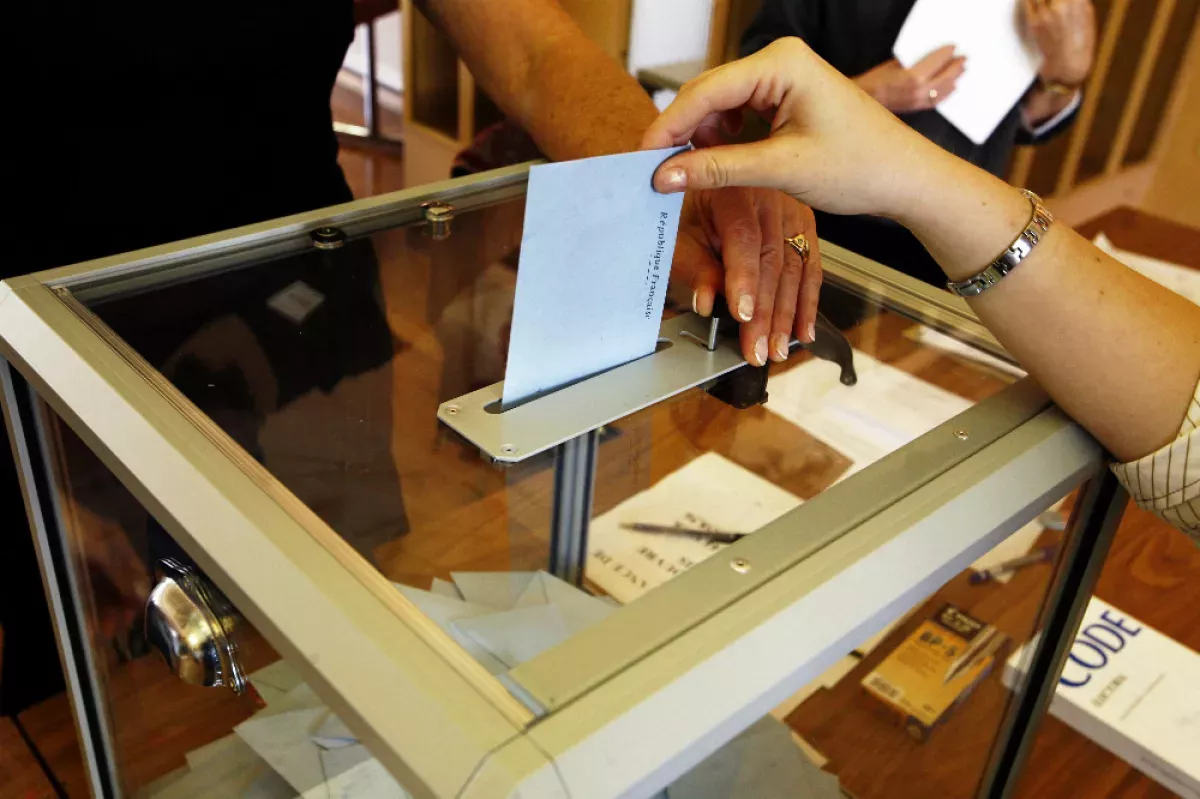An election is a structured decision-making process where a population selects one or more individuals to occupy a public office. It's a cornerstone of representative democracy, enabling citizens to choose their leaders and influence government policy. Elections can vary significantly in format, scope, and rules, depending on the specific context and the political system in place. They are fundamental for ensuring accountability and legitimacy in governance.
1920: Universal Adult Male Suffrage
By 1920, universal adult male suffrage had been established in all Western European and North American democracies, except for Switzerland, and many countries began considering women's suffrage.
1927: Liberian General Election
In the 1927 general election, Charles D. B. King of Liberia was reported to have won by 234,000 votes, a "majority" that was over fifteen times larger than the number of eligible voters.
1928: 1928 elections in Portugal
The 1928 elections in Portugal serve as an example of a sham election.
1929: Sham Elections in Mexico
Beginning in 1929, Mexico had presidential elections considered to be sham elections.
1929: 1929 elections in Fascist Italy
The 1929 elections in Fascist Italy serve as an example of a sham election.
1934: 1934 elections in Fascist Italy
The 1934 elections in Fascist Italy serve as an example of a sham election.
1935: 1935 elections in Portugal
The 1935 elections in Portugal serve as an example of a sham election.
1940: 1940 elections of Stalinist "People's Parliaments"
In 1940, Stalinist "People's Parliaments" elections were held to legitimise the Soviet occupation of Estonia, Latvia and Lithuania.
1942: 1942 general election in Imperial Japan
The 1942 general election in Imperial Japan serve as an example of a sham election.
1946: United States Electoral Interventions
Starting in 1946, the United States interfered in 81 elections until 2000.
1949: 1949 elections in Portugal
The 1949 elections in Portugal serve as an example of a sham election.
1951: 1951 elections in Portugal
The 1951 elections in Portugal serve as an example of a sham election.
1958: 1958 elections in Portugal
The 1958 elections in Portugal serve as an example of a sham election.
1962: Aboriginal People Given Right to Vote in Australia
In 1962, Aboriginal people in Australia were granted the right to vote, marking a significant step towards inclusivity.
1982: Sham Elections in Mexico
Until 1982, Mexico had presidential elections considered to be sham elections.
1988: First Competitive Election in Mexico
In 1988, Mexico held its first seriously competitive presidential election in modern history, although the government is believed to have rigged the result.
1990: 1990 Myanmar general election
In 1990, the government-sponsored National Unity Party in Myanmar suffered a landslide defeat by the opposition National League for Democracy in the general election, and consequently, the results were annulled.
1990: East Germany election
The East Germany other than the election in 1990 serve as an example of a sham election.
1991: 1991 Kazakh presidential election
The 1991 Kazakh presidential election is an example of a sham election.
1994: First Fair Election in Mexico
In 1994, Mexico held what is considered the first fair election, though the opposition did not win.
1995: 1995 presidential referendums in Saddam Hussein's Iraq
The 1995 presidential referendums in Saddam Hussein's Iraq is an example of a sham election.
2000: Opposition Victory in Mexico
In 2000, the opposition won the presidential election in Mexico for the first time.
2000: United States Electoral Interventions
Until 2000, the United States interfered in 81 elections starting from 1946.
2002: 2002 presidential referendums in Saddam Hussein's Iraq
The 2002 presidential referendums in Saddam Hussein's Iraq is an example of a sham election.
2010: Voting Rights Removed for Prisoners in Australia
In 2010, the federal government of Australia removed the rights of prisoners serving sentences of three years or more to vote.
2012: 2012 United States presidential election spending
In 2012, the United States presidential election saw a total of US$7 billion being spent, making it the most expensive election campaign.
2014: 2014 Crimean status referendum
In 2014, a Crimean status referendum was held in Russia under Vladimir Putin, which is considered a sham election.
2014: 2014 Indian general election spending
In 2014, the Indian general election saw US$5 billion being spent.
2018: 2018 Venezuelan presidential election
The 2018 Venezuelan presidential election is an example of a sham election.
2019: 2019 Kazakh presidential election
The 2019 Kazakh presidential election is an example of a sham election.
2024: 2024 Venezuelan presidential election
The 2024 Venezuelan presidential election is an example of a sham election.
Mentioned in this timeline
Ukraine is a country in Eastern Europe the second-largest on...
Qatar is a country located on the Qatar Peninsula in...
India officially the Republic of India is a South Asian...
Myanmar also known as Burma is a Southeast Asian country...
China officially the People's Republic of China is an East...
Japan is an East Asian island country located in the...
Trending

43 minutes ago Ryan Reynolds and Rob McElhenney Celebrate Five Years of Wrexham Ownership.

43 minutes ago JFK Jr. and Daryl Hannah's tumultuous relationship explored in 'Love Story' series.

43 minutes ago Monica White's story: Dating app killer and her survival, new Lifetime movie.

44 minutes ago ASU Women's Basketball Defeats Arizona in Overtime Thriller: Wildcats Fall Short.

2 hours ago Megan Thee Stallion Finds Love, Feels Comfortable with Klay Thompson, NBA Star

2 hours ago Dolphins near decision on Tua Tagovailoa's future; Johnson's thoughts relevant.
Popular

Kid Rock born Robert James Ritchie is an American musician...

Pam Bondi is an American attorney lobbyist and politician currently...
Randall Adam Fine is an American politician a Republican who...
The Winter Olympic Games a major international multi-sport event held...

Barack Obama the th U S President - was the...

XXXTentacion born Jahseh Dwayne Ricardo Onfroy was a controversial yet...
